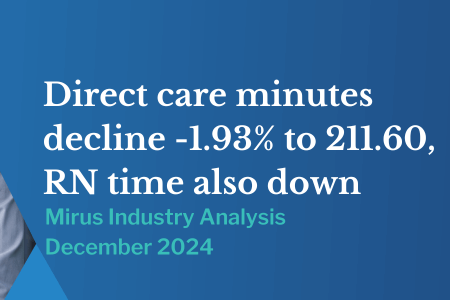LASA contributes to ACAR discussion
December 10, 2014 | Aged Care Management

One of the great things about the Australian aged care sector is the substantial number of industry bodies constantly pushing for improved practices.
With the recent unveiling of the 2014 Aged Care Approvals Round (ACAR), many groups have come forward to outline the possible effects of the changes and exactly what these will mean for the sector over the next year.
Leading Age Services Australia (LASA), one of the more prominent groups, has detailed its views on the changes.
ACAR details and the LASA response
The government recently announced new aged places as part of the 2014 ACAR funding. This year marked a substantial increase in places. Over 17,500 new places are set to be delivered throughout the country, worth around $833 million in total.
A release on the Department of Social Services website has explained the massive number of applications, noting that 108,281 were submitted, with only 6,653 advertised.
LASA CEO Patrick Reid explained that for every place the government made available, there were 17 applications. In turn, this required applications to demonstrate an exceptional need for these government places.
“LASA welcomes the increase in both residential and particularly homecare places; however we need to put this in perspective and understand for every winner of a place there were 16 losers where demand has been demonstrated and is required to care for older Australians,” Mr Reid explained.
He went on to explain that even though there were a larger number of places, it’s actually a net reduction in real terms. He stated there can no longer be any delays in the ACAR with the aged care continuing to grow.
Given that the same number of places will need to be repeated to meet aged care services demand, reform is becoming even more important.
“LASA supports reformation of the ACAR process to [create] a far more streamlined process to remove what is currently an arduous task for age service providers,” Mr Reid said.
With the aged care sector heavily dependant on reliable and continuous government funding, it’s going to be important that greater links are forged between the industry bodies and the government.
Patrick Reid explained that a genuine partnership would be essential in helping to meet demand.
“LASA’s continuing work is not about creating winners and losers, simply it is to enable older Australians to live well.”


